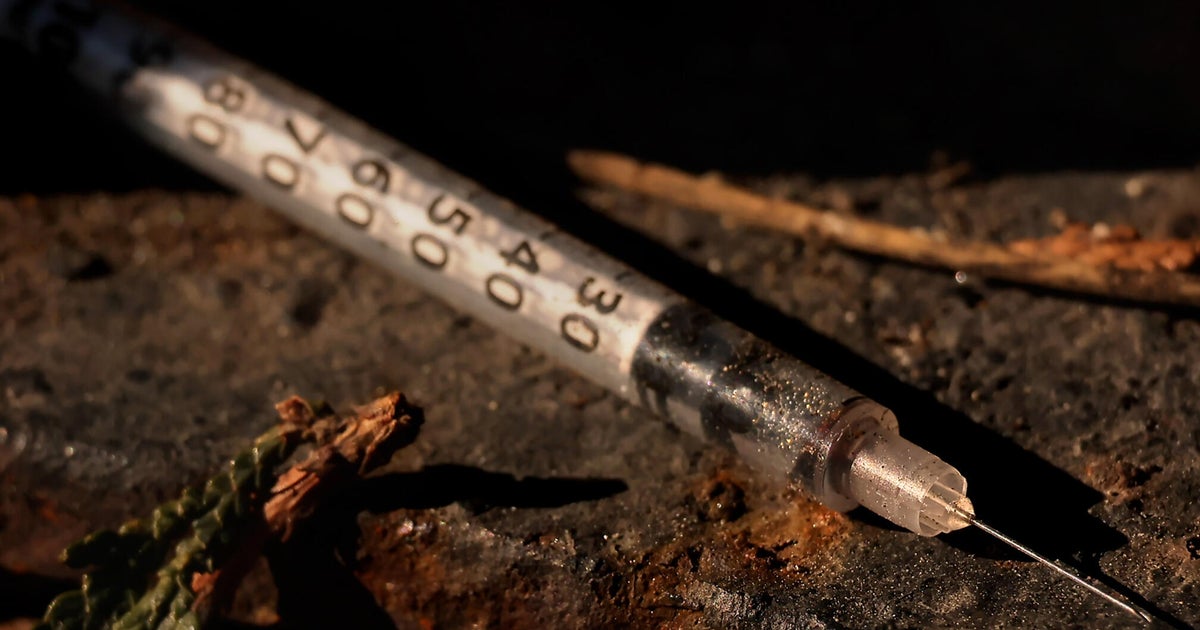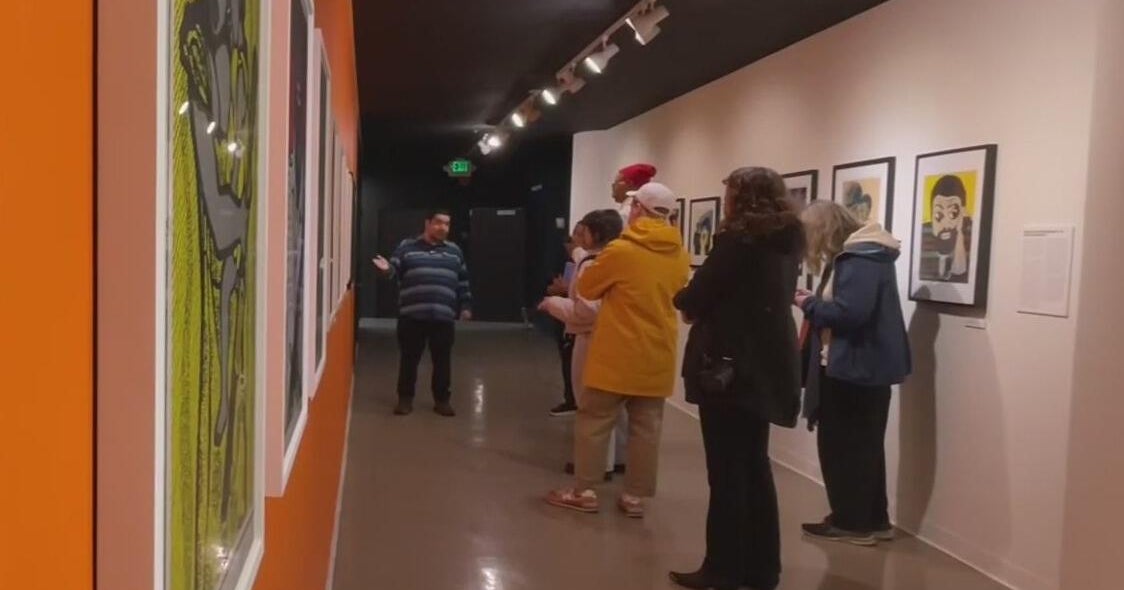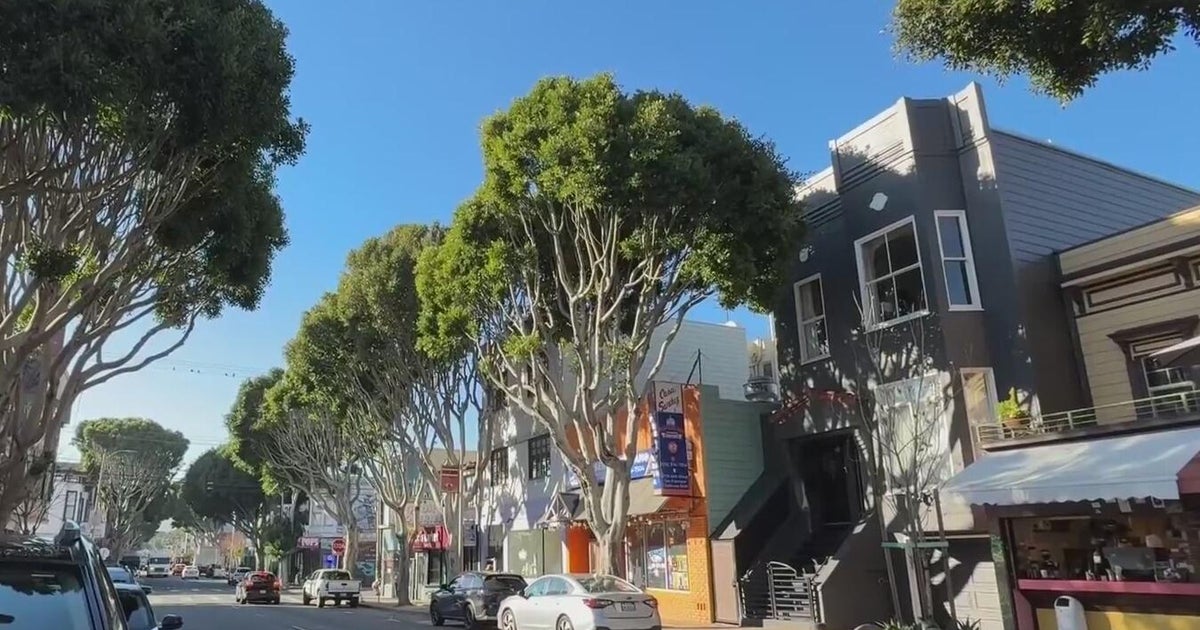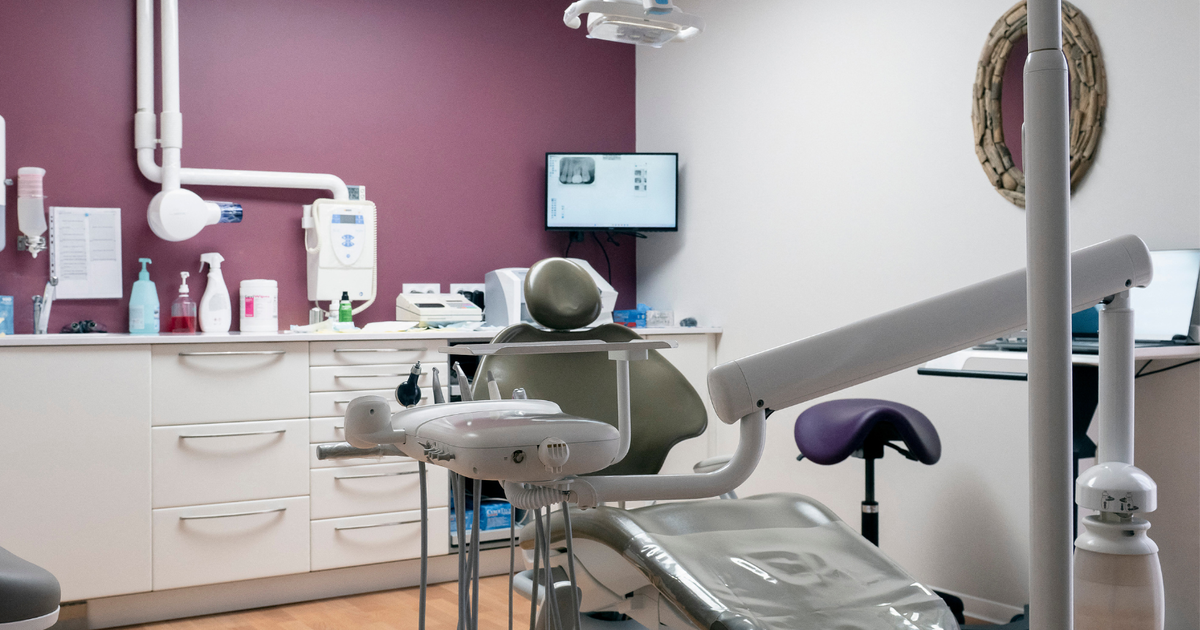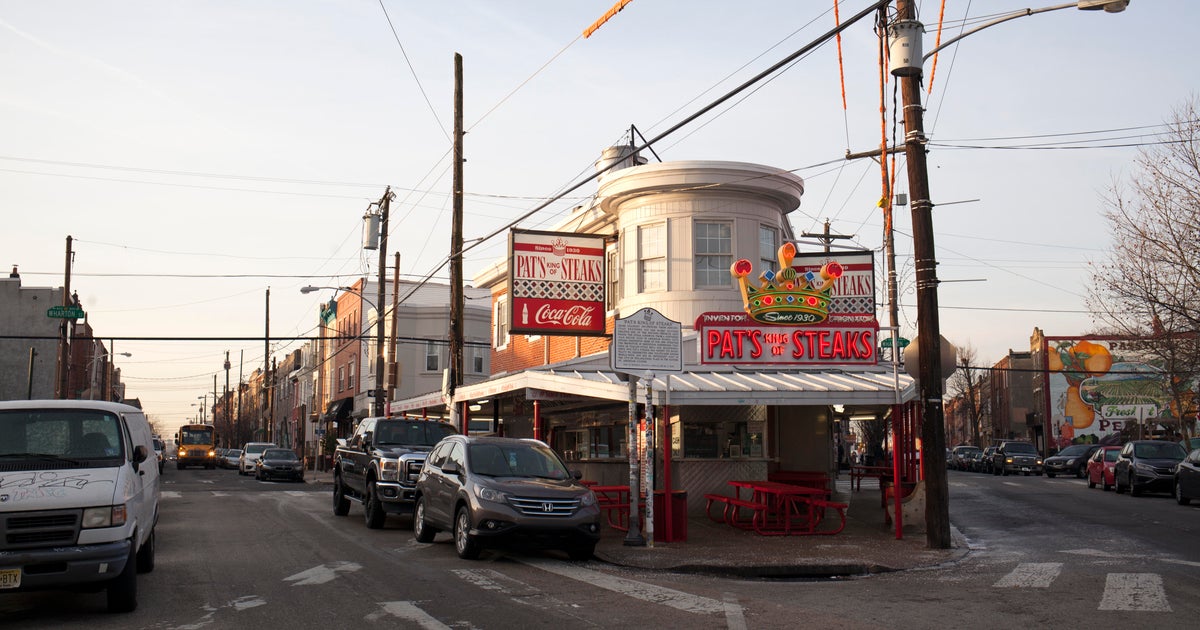San Francisco Program Treats Opioid Addiction With Pot
SAN FRANCISCO (KPIX) -- An average 130 Americans die every day of an opioid overdose, according to the Centers for Disease Control and Prevention. An innovative San Francisco program aims to treat the addiction but it's not without controversy.
After breaking his neck in a car accident out of state, Nicholas Olsen says he got addicted to prescription drugs and heroin.
"I tried outpatient treatment; I've been to other outpatient programs," Olsen said. "I just never got anywhere with any of it."
He researched online for a better way, and discovered a unique substance abuse treatment program at Remedy Recovery in San Francisco's South of Market.
"I thought, 'Wow, this is great that this is an option now,'" he said.
It replaces opioids with cannabis.
Joe Schrank, the clinical social worker who founded Remedy Recovery, says cannabis offers a more compassionate way to detox.
"It's a game changer," said Schrank. "People being able to sleep while they're in withdrawal and detox is a huge, huge, huge benefit. It's the best thing for people who are detoxing and cannabis lets that happen safely."
Olsen uses a vape pen two to three times a day under the guidance of his doctors and therapists. And he takes care not to drive under the influence.
He said cannabis frees him from debilitating neck pain, anxiety and insomnia.
"I have the opportunity to go to job interviews, meet people and network," Olsen explained.
Schrank added that cannabis is a safer than opioids, with far less potential for a deadly overdose.
"There are examples of people who have had accidents while under the influence of cannabis, but the misuse potential is extraordinarily low," Schrank said.
In fact, the Journal of the American Medical Association reports that in states that legalize medical and recreational pot, opioid use is down 7 percent, and fatal opioid overdoses have dropped nearly 25 percent.
But skeptics say it's not clear if cannabis is the reason for the decline.
Clinical psychologist Dr. Danielle Ramo is a UCSF psychiatry professor and research director at the Hope Lab for teen health.
"There is some promise in that area, but the data isn't clear enough, and the studies aren't there to be able to recommend cannabis as a treatment yet," said Ramo.
Dr. Ramo said a person could be trading one addiction for another.
"My concern is people would only be using marijuana for a little while, then relapse to heroin might occur. Or relapse to prescription drugs might occur," Ramo said.
She said there is very little clinical research on whether cannabis helps kick opioid addictions, because even though medical and recreational pot are legal in California and some other states, marijuana is still illegal under federal law, so federal grants won't fund the studies.
As for Olsen, he knows cannabis isn't a cure for his opioid addiction but he believes it's a good start toward a more hopeful future.
